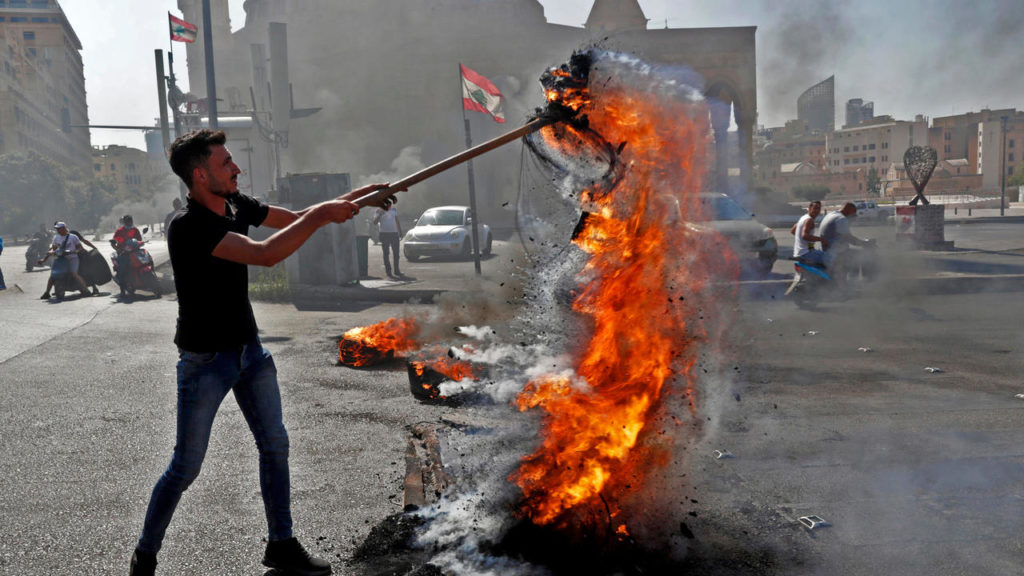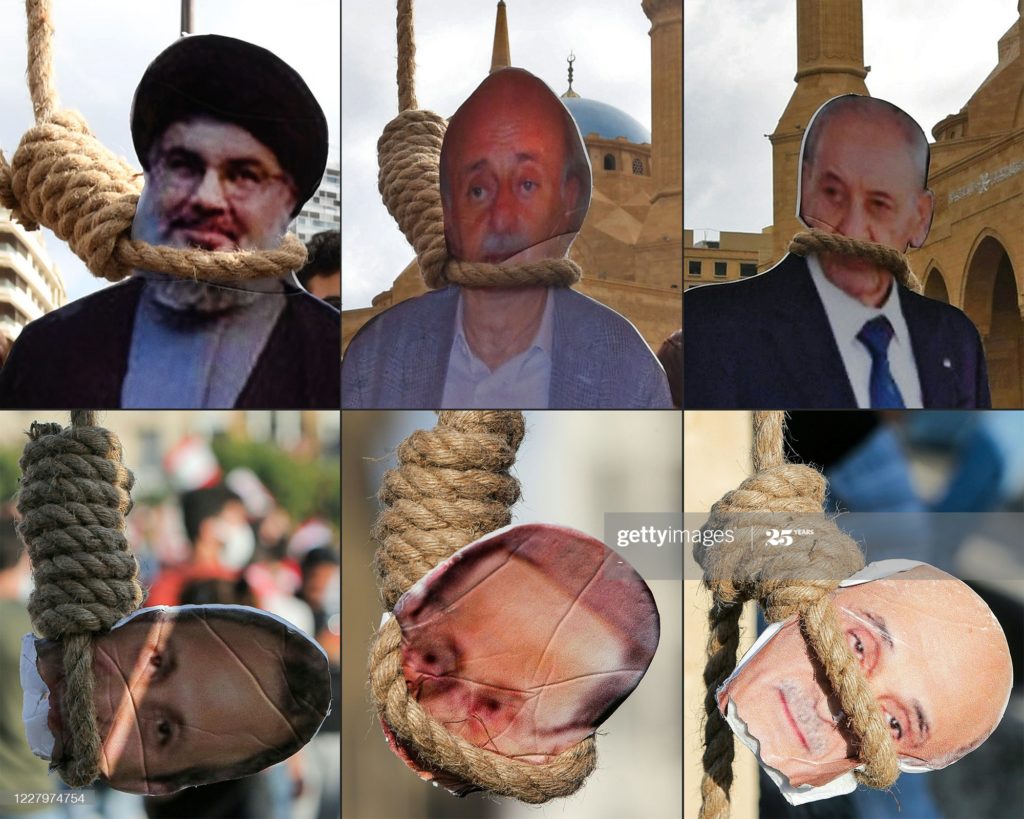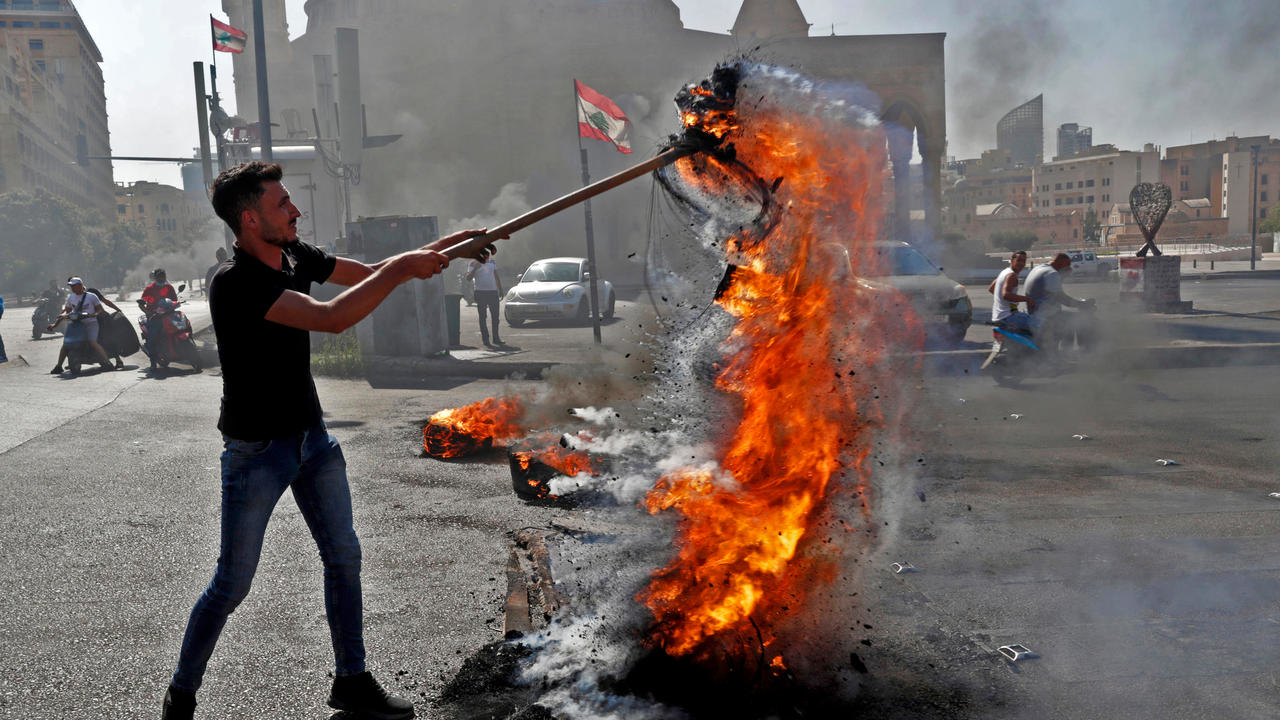
IMF Managing Director Kristalina Georgieva has said the fund would only support a “comprehensive program” for Lebanon that would tackle all the country’s ills, including corruption.
“Our team is working very closely with their Lebanese counterparts,” Georgieva told reporters. “We are stressing that it has to be a comprehensive program.”
Lebanese officials began talks with the IMF last month to pull the Middle Eastern country out of the worst economic crisis in its history.
Georgieva called Lebanon’s circumstances “very, very dire,” and said “it has been so for a long time, and short of a strong government commitment to change the course of the country, the suffering of the Lebanese people would continue.”
She said the Washington-based crisis lender was negotiating over a budget proposal that would address Lebanon’s banking sector and “reforms that the country needs including more transparency for what the government does.”
Lebanon defaulted on its sovereign debt in 2020, a first in its history.
Its currency has lost about 90 percent of its value on the black market and four out of five Lebanese now live below the poverty line, according to the United Nations, a situation made worse by triple-digit inflation.
Despite the economic collapse, the country’s ruling class has blocked reforms that foreign donors say must happen before aid is dispensed.
The Lebanese people are extremely concerned about the budget that PM Najib Mikati is planning to submit to IMF in order to secure its help , after the World Bank accused Lebanon’s political rulers and the financial elite of “orchestrating a deliberate depression” by exploiting their grip on economic resources and “threatening the country’s long-term stability and social peace.”

Also the Vatican envoy who is currently visiting Lebanon and meeting with its top officials revealed that Instead of trying to solve the crisis for the benefit of the majority, the political and financial oligarchy is only taking care of its own interest at the expense of the people.” To secure a bailout 70% of the losses incurred by the government will be borne by the individual depositors of while the banks will take 16% and the state will bear the rest.
The basic rule worldwide, is the state first takes responsibility, then the banks and lastly the depositors, the Vatican envoy said .
Moreover the Lebanese people do not trust the corrupt ruling Elite and are extremely concerned they may pocket whatever loans IMF gives Lebanon , which will result in a huge burden for future generations who have to pay off these loans
Joseph Bahout heads the Issam Fares Institute at the American University of Beirut told VOA yesterday “Lebanon’s rulers are making the following proposal to the International Monetary Fund to secure a bailout: Of the $70 billion of losses Lebanon has incurred, 70% will be borne by the individual depositors. The banks will take 16% and the state will bear the rest.
“What is happening is not the result of certain accidents or economic misfortunes, but it is a deliberate act of leading the country to where it is. The political and financial oligarchy is only taking care of its own interest at the expense of the people,” said Bahout.
AFP/YL


Leave a Reply
You must be logged in to post a comment.